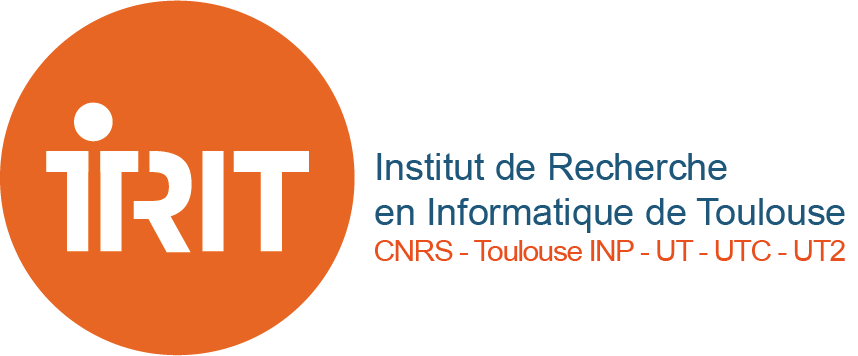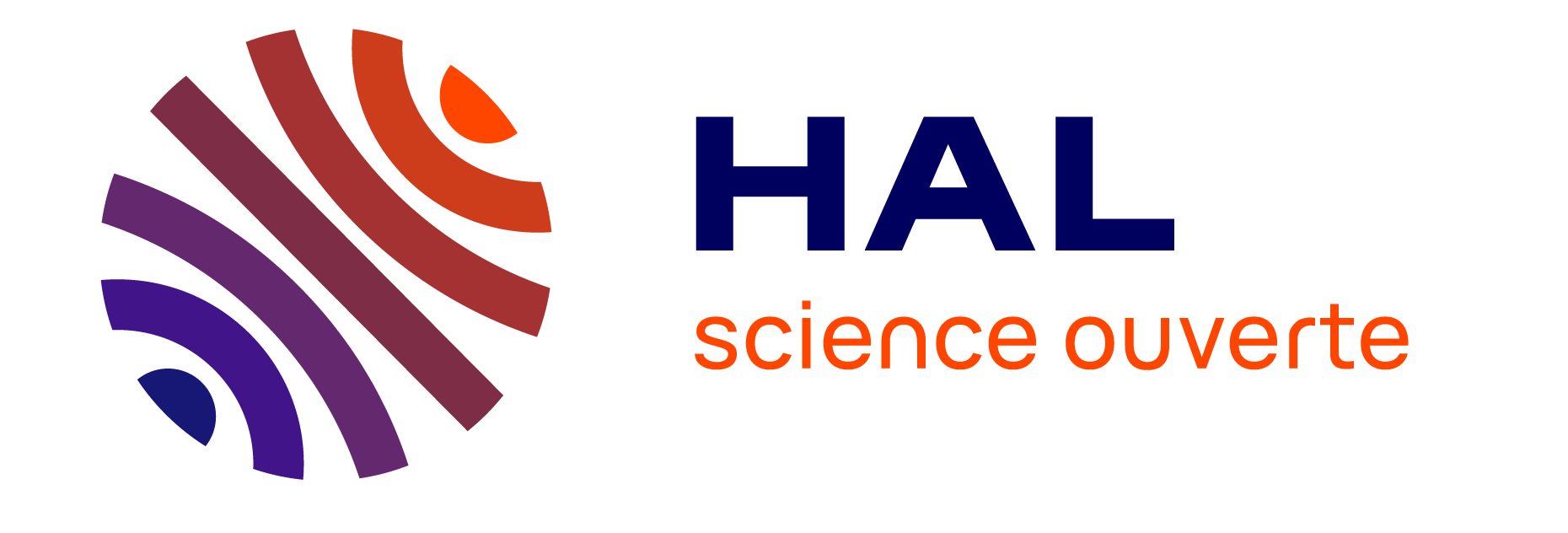Deep-Blur : Blind Identification and Deblurring with Convolutional Neural Networks
Résumé
We propose a neural network architecture and a training procedure to estimate blurring operators and deblur images from a single degraded image. The key assumption is that the forward operators can be parameterized by a lowdimensional vector. The considered models include a description of the point spread function with Zernike polynomials in the pupil plane or product-convolution expansions, which allow to tackle space varying operators. Numerical experiments reveal that the proposed method recovers the blur parameters robustly even for large noise levels. This estimate can then used as an input of an unrolled neural network to deblur the image. It is trained with a specific sampling procedure adapted to a family of parameterized operators. This strategy provides a fast and accurate blind inverse problem solver, requiring nearly no human interaction once the operator parameterization has been set up. It adapts to arbirtrary noise levels and considerably improves alternative blind deblurring softwares in the examples considered in this paper, especially in the high noise regimes. 1
| Origine | Fichiers produits par l'(les) auteur(s) |
|---|



